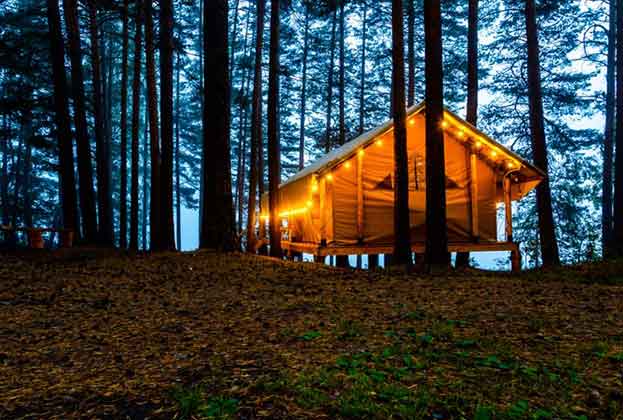Horse racing enthusiasts and petrolheads might not share much common ground, but the owners of racecourses and racetracks certainly do.
Both types of business require extensive fixed assets, often extending to hundreds of acres. These sizeable grounds are needed to provide a track of competitive length and challenge, comprehensive multi-storey buildings to house both competitors and their charges, comfortable and well-sited facilities for spectators and hospitality hosts, as well as parking for several thousand people.
But such assets are only used for their principal design purpose a handful of times a year. In order to achieve a year-round income venue-owners must host variety of events, from corporate conferences to family parties.
.png)



.jpg)

.jpg)

.jpg)
.jpg)
.jpg)
